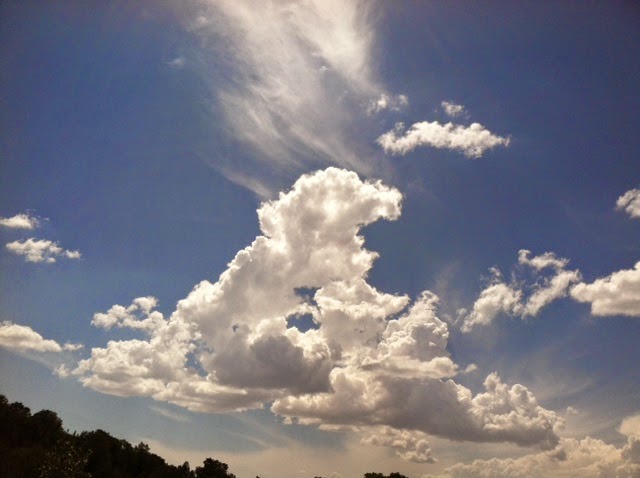THE HEALER
Who is that lady? Aurora, that's who.
And if the body does not do fully as much as the
soul?
And if the body were not the soul, what is the soul?
“I Sing The Body Electric” Walt Whitman
To
quote another poet whose unapologetic sexuality is part of his palette, Leonard
Cohen says, “My body aches in places where it used to play.” I wonder if his
soul aches as well?
Without
enumerating the tedious specifics, my body has—since my HIV diagnosis more than
a quarter of a century ago—been ravaged by various insidious offshoots of the
virus and the sneaky side effects of the life-saving drugs. In some
instances—like the vicious peripheral neuropathy in my feet that is
incrementally sneaking up my legs—the verdict is out on whether the condition
is a symptom of HIV or a byproduct of the multitudinous drugs I’ve been
ingesting for these many years.
And
now, even though I’m in my sixty-fourth year (“Will you still love me” the
Beatles asked, “when I’m sixty-four?”), I tend to blame everything on HIV —from
an ingrown toenail to cataracts—when the real culprit is age.
So
I arrived in Santa Fe
But
in Santa Fe Aurora
Mitch
agreed to drive me since it’s about a twenty minute ride from campus and a bit
off the beaten track. But even his GPS was able to identify the “dirt road”
that Aurora
Mitch
and I howled in laughter all the way there. What was I doing? What did I
expect? Would it be all airy-fairy or would Aurora
Since
we arrived early, I insisted that Mitch drop me off and not linger. “I’ll read
a bit of Walt while I wait,” I said, pointing to a rickety chair situated in
the blazing sun.
Mitch
was no longer laughing. “Hey, man, just in case,” he said, “take my phone
number and give me yours.” As we did the phone exchange, I glanced up at the
huge curtain-less window on the second floor of Aurora
“Mitch!
Look at the very center on the ledge of the window.”
As
if determinedly placed by a propmaster, for optimum theatrical effect, was a
bottle of lotion, glistening in the Santa
Fe
“Dude,
you are in for it,” Mitch proposed. It did faintly resemble the cinematic
opening shot of a Stephen King movie. I insisted my buddy leave; I was ready
for my closeup.
Santa Fe Clouds
“What
is the pain saying to you?” Aurora
But
the most significant aspect of Aurora
She
astutely suggested that I have taken on the pain of others. “You might be
carrying their pain in your hip and leg where the sciatica attacks,” she said.
I could not disagree; my daughter, my brother, and even some of my students
come immediately into focus.
“Give
it back to them. They need to experience the pain, not you. You are getting in
the way of their healing and learning movement forward.
I
admitted that I compound the pain by blaming myself, ruminating that I've done
something to deserve the sciatica. Interestingly enough, I never blamed myself
for getting HIV—maybe, in part, because I likely seroconverted from negative to
positive before there was much information as to how one becomes infected.
There remains, more than twenty-five years later, contradictory opinions on
that subject.
“Don’t
blame yourself,” Aurora
Her
massage technique is masterful, verbally defining the body-soul geography while
elaborating in detail about each of the areas that she physically manipulated. In
that regard, it was the most specific treatment I’ve ever received.
I
realized, however, that it had grown much later than I had anticipated and
asked if I could take a moment to call Mitch and assuage any anxiety that he might
be feeling.
“Everything
is cool, I’ll be in class on time,” I said. “Aurora
(Only
in Santa Fe
I
made it back to the seminar, a bit discombobulated, feeling like I’d been
lobotomized rather than healed. Little did I realize that I’d need my brain, my
heart and my courage (all those goodies Dorothy got on her way to Oz)—not to
mention my soul—for the next “chapter” of my Whitman saga.
This is part three of a five-part
series.





